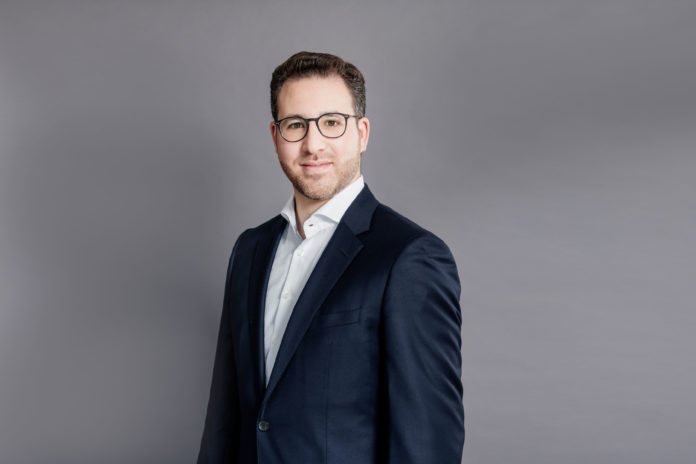Bildnachweis: Epstein Rosenblum Maoz (ERM).
The Israeli start-up ecosystem is considered a showcase model. German founders can also learn a thing or two from it.
VC Magazin: Israel is known as a global hub for start-ups. What makes the location stand out?
Abelski: Israel’s start-up ecosystem stands out due to its culture of innovation, access to funding, international connections, and entrepreneurial mindset. A well-developed network of venture capital funds, incubators, and accelerators that provide resources, mentorship, and networking opportunities to entrepreneurs are additional supporting systems as well as Israel’s mandatory military service, which contributes to valuable skills in technology. Israel, as a small market, is also a very good testing ground for technologies, which, once tested, can easily be brought to market outside of Israel.
VC Magazin: What is your assessment of the Israeli start-up scene and its current funding environment?
Abelski: Despite current global funding challenges, which are also having some effect in Israel, the Israeli start-up scene remains extremely active and dynamic, attracting both domestic and international investors (as well as acquirers and partners) looking to invest in start-ups at all stages of growth. The track record of successful exits and acquisitions has bolstered investor confidence and reinvestment in the local funding environment. The government’s supportive policies and initiatives, including funding programmes and tax incentives, act as catalysts for attracting investors. In the last few years, I have also seen extensive investment activities by corporate venture capitalists – including many DAX30 and Mittelstand companies – searching for and investing in Israeli start-ups with the aim of utilizing these start-ups’ technologies in their products or companies.
VC Magazin: Which industries and technologies are particularly hyped in Israel, which technology trends are investors currently focusing on?
Abelski: Cybersecurity stands out with Israeli start-ups creating innovative solutions to global challenges. Artificial intelligence and machine learning applications across healthcare, finance, and retail are also in the spotlight. Fintech is another key area of activity, particularly relating to start-ups revolutionizing financial services with AI-driven advancements. Healthtech is also particularly well-regarded, and cleantech/sustainable energy solutions as well as agritech are gaining ever-greater prominence. German investors closely monitor trends and have also taken a particular interest in Industry 4.0.
VC Magazin: What could the German startup ecosystem learn from Israel?
Abelski: The Israeli ecosystem has much to offer by way of inspiration. First: nurturing an entrepreneurial mindset from an early age by encouraging risk-taking, cultivating creativity, problem-solving skills, and an entrepreneurial attitude. Israeli high schools offer courses in technology, creative thinking and presentation skills, and give their students mentoring sessions with tech entrepreneurs. A bold example demonstrating Israeli flexibility is that investors are generally not deterred from investing in founders who have failed multiple times with previous start-ups. Instead of looking at them as failures, they consider them as founders with vast experience, who learn and become even hungrier for success. Second: an active government role by way of incentivizing start-up investments, governmental grants and funding programmes, as well as incentivizing large corporates strategically to invest into R&D. Third: a great deal of collaboration between universities and start-ups. All Israeli universities have specialized companies that are responsible for the commercialization and monetization of promising scientific discoveries. They bridge the gap between academic research and the tech sector, commercializing new discoveries.
VC Magazin: Thank you very much.
About the interview partner:
Ron Abelski, partner at Epstein Rosenblum Maoz (ERM) Law Office, specializes in M&A, venture capital, and tech transactions. As a native German speaker with vast experience in transactions of German entities in Israel, he heads the firm’s German desk.





